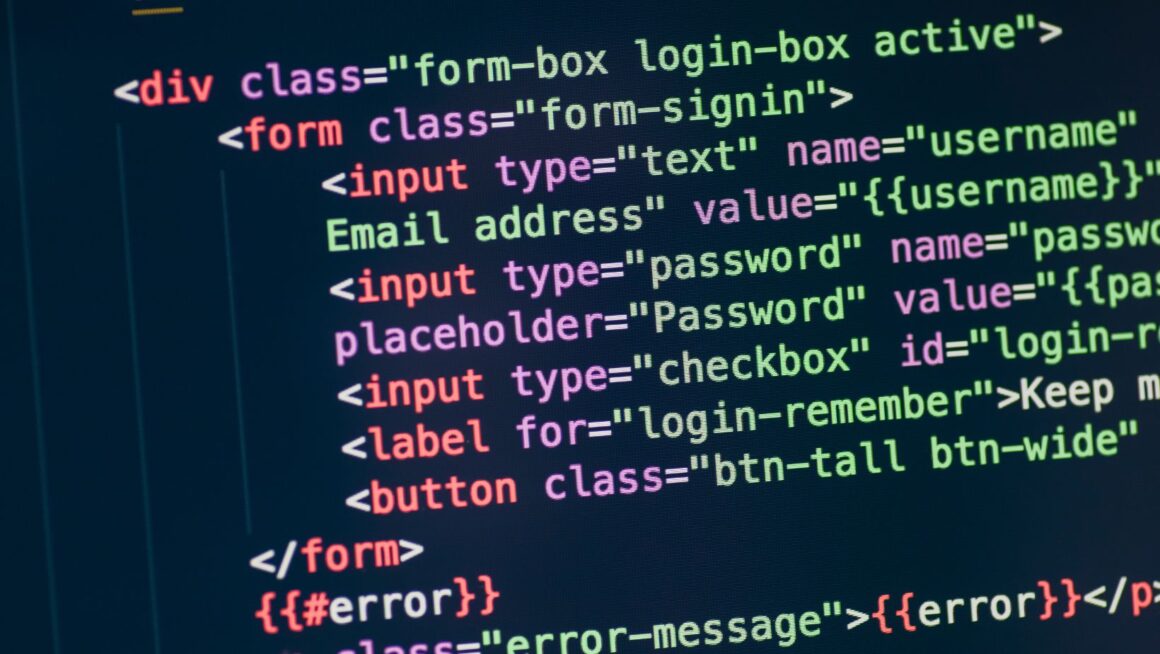Ever wondered how the apps on your phone, or the software on your computer, come to life? It’s all thanks to the magic of source code programming. This invisible backbone of technology is what makes our digital world go round.
In this article, I’ll be pulling back the curtain on source code programming. We’ll delve into its importance, how it’s created, and the impact it has on our everyday lives. Whether you’re a seasoned programmer or simply curious about the tech world, there’s something here for everyone.
Delving deeper into the world of technology, let’s explore the nuances of source code programming.
In the realm of technology, source code programming refers to the practice of writing computer software instructions in a human-readable language. These instructions get converted into binary code — a language that machines understand — by a compiler or an interpreter.
Consider a recipe book for cooking; it’s the equivalent for machines. But instead of ingredients and cooking instructions, processors use source codes to ‘cook up’ the output you see on your screen.
Source Code Programming
 Harnessing the power of source code programming leads to significant advancements in digital technology. It breathes life into software and applications, turning lines of code into functional, interactive platforms.
Harnessing the power of source code programming leads to significant advancements in digital technology. It breathes life into software and applications, turning lines of code into functional, interactive platforms.
Firstly, it forms the foundation for all digital software and applications that we use today. From video games to social media platforms, and even the very browser you’re using to read this article – source code programming plays a significant role.
Secondly, source code programming allows for customization. Developers have the freedom to tailor software according to specific needs, making it an essential asset in the digital age.
Finally, understanding source code programming fosters innovation. It presents opportunities to improve existing technologies and construct new ones, catalyzing progress in the digital world.
Exploring and understanding source code programming, therefore, isn’t just pertinent for developers or coding enthusiasts. It’s essential for anyone who wishes to grasp the workings of the digital world we inhabit.
Starting with Source Code Programming
After comprehending the importance of source code programming, next comes the actual starting process. As a beginner, it’s a journey that requires patience, practice, and constant learning. In this section, we’ll look into the basics of source code programming and some coding languages you might want to know.
Learning the Basics
Getting started with source code programming might seem daunting given the intricacy it carries. However, like any other discipline, understanding the basics builds a solid foundation. To begin with, it’s essential to grasp several concepts:
- Syntax: Syntax involves knowing the structure of a specific language’s code. For instance, differentiating between a string (words/text) and integers (numbers).
- Variables: Variables act as containers for storing data values. For example, in a sentence like let x = 10;, ‘x’ is a variable.
- Functions: Functions perform specific tasks. If you picture the code as a recipe, functions are the required tools like the mixer or oven.
- Loops: Loops perform a specific task multiple times and are useful for relieving repetitive tasks.
- Condition Statements: These examine the situation and run code depending on the outcome, i.e., an extension of the if-then concept you see in daily life.
A great tip for learning the basics involves coding by hand. Although it may seem old-fashioned, coding by hand fine-tunes precision, diagnoses mistakes, and helps understand code flow.
mistakes, and helps understand code flow.
Coding Languages to Know
With source code programming languages, several options present themselves. However, some are more relevant to beginners:
- Python: Offers an excellent coding experience for beginners due to its simplicity and readability.
- Java: This popular language finds wide use in enterprise-level applications and Android development.
- JavaScript: JavaScript is crucial in web development. If you’re interested in becoming a front-end developer, JavaScript’s the way to go.
- C++: A bit more complex, it’s the basis for most computer programming and useful for performance-critical areas.
Keep in mind, there’s no one-size-fits-all language. The coding language you choose often depends on your planned projects and career path in source code programming. Choose a language that aligns with your aspirations and start your coding journey from there.



